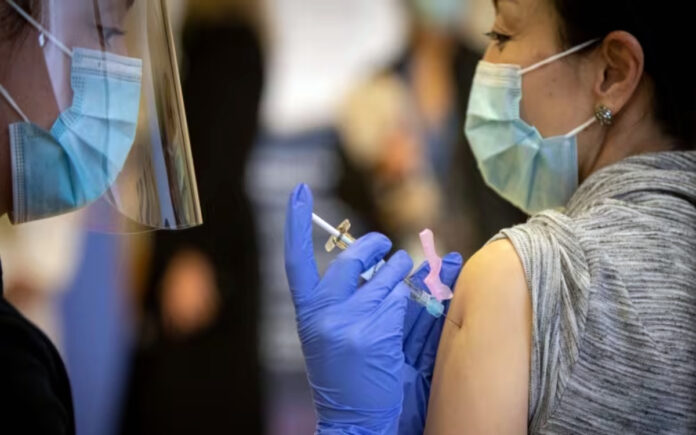London: A leading global health expert has sounded the alarm, warning that the world remains unprepared for another health crisis akin to COVID-19. This caution comes as countries engage in critical discussions to establish a pandemic treaty, amid concerns that the current political landscape may impede progress.
Member states of the World Health Organization convened in Geneva on Friday to navigate the next steps in treaty negotiations after missing the deadline earlier this month.
Muhammad Ali Pate, Nigeria’s health minister and a board member of the Global Fund to Fight Aids, Tuberculosis, and Malaria, expressed apprehension: “We only hope that… (in the) next few months, we don’t have another pandemic that finds us in a world which is still unprepared for a major crisis,” he told Reuters.
A primary obstacle in the treaty negotiations revolves around ensuring access for low and middle-income countries to essential resources. The proposed provision stipulates that these nations should have access to 20% of tests, treatments, and vaccines developed to combat pandemics, either at no-profit costs or through donations.
Also Read | Famine Threat Looms Over Sudan as UN Raises Alarm on Dire Situation
Ali Pate argued that this allocation is crucial to prevent a repeat of the scramble for life-saving products witnessed during the COVID-19 pandemic, where African countries found themselves at the back of the line.
While negotiations on the treaty are expected to extend for several months or even years, sources suggest that a parallel effort to update existing rules governing international disease outbreaks is nearing consensus. This update could be finalized before the conclusion of the WHO’s annual meeting on Saturday.
Observers note a sense of urgency in the treaty discussions, particularly due to concerns that upcoming elections in key countries may usher in right-leaning governments apprehensive about the treaty’s implications for sovereignty. However, the WHO asserts that a clause in the document safeguards against such fears.
“This needs to be done now or else things are only going to get worse with things moving to the right,” remarked one Western diplomat.



